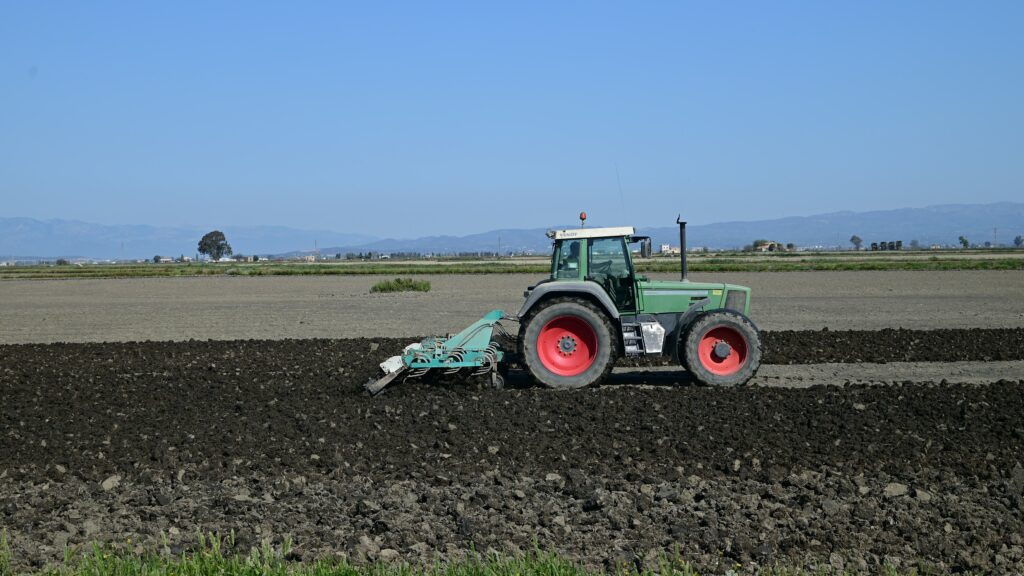
My Dad stands by the window in the kitchen looking outside. “It’s going to snow this morning” he says. I look outside and don’t see any clouds. “What? How do you know?” I say. He points outside saying “The birds are stuffing themselves with food and flying back to their nests.”
James Rebanks tells a story of his Dad noticing with alarm that there were no seagulls or crows following the neighbours’ plow. “There must be no worms in those fields.”
And while helping to rebuild Indonesia after the 2004 Tsunami I heard stories of an island where the animals saved the villages. The villagers noticed the animals moving to higher ground, so they followed them. Their houses were destroyed but everyone survived.
As we become more digital. As we continue to buy into the industrial mindset of organisations, of lifestyle, we become further disconnected from nature. From the joy and liife it brings. We are too distracted by screens, by efficiency, by shiny toys. And soon our focus is on maintaining the digital way of life rather than life itself. When data becomes more important than the people we seek to serve, we lose out. The industrial era was all about machines and the introduction of time and motion studies. But also about extreme externalities, which have now come home to roost.
This is not too say that machines, efficiency, and digital tranformation are evil. They can be, but in general they are not. But it is to remind us that they never should be the end goal.
Perhaps it’s good to check ourselves, our projects for scope creep at least once a month?

0 Comments